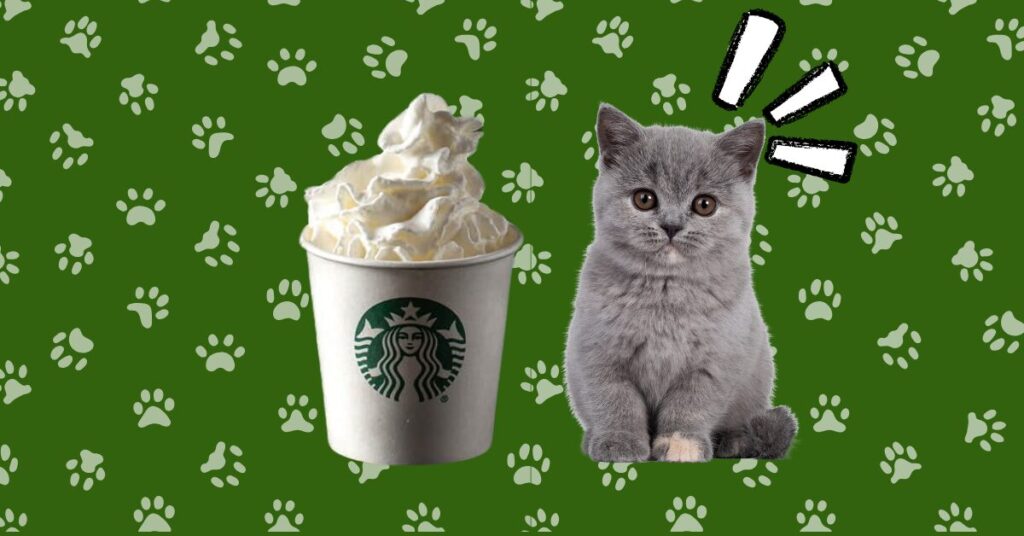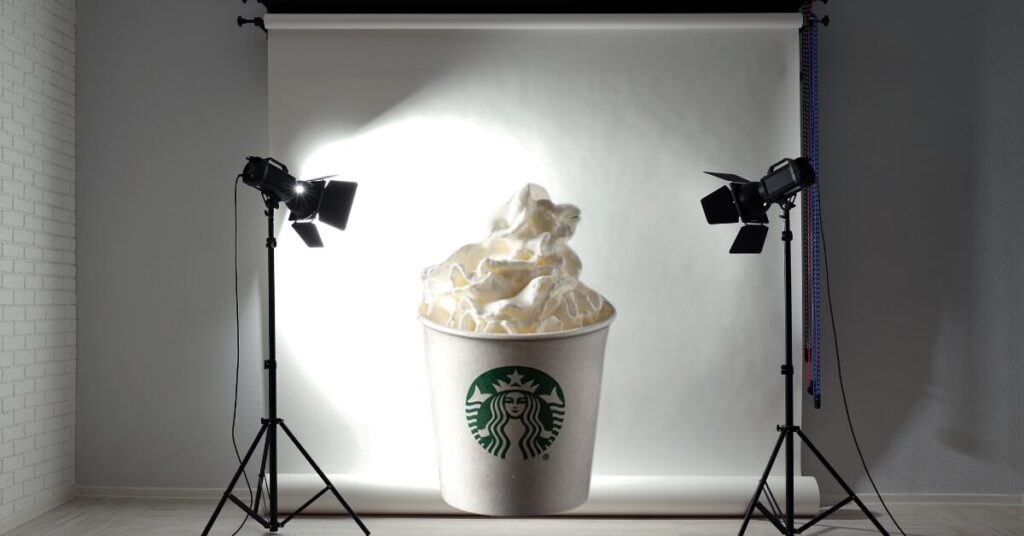
Pup cups, which are mostly found in cafes such as Starbucks, are small dog treats. Nevertheless, it is not the cute look of these cups that attracts them but the fact that they contain a small amount of whipped cream and may have some other flavors or toppings as well. And while they are a fun treat for dogs, this does not mean that all pets out there can indulge in such treats.
All pup cups are composed of dairy, sugar, and sometimes even additives which can be harmful to cats. It is crucial to recognize these components because while your dog may enjoy the taste, your feline friend could react differently.
Popularity of Pup Cups
The rise of pup cups has gone hand in hand with the increasing popularity of dog-friendly establishments and the cultural shift of seeing pets as part of the family. Coffee establishments such as Starbucks and other local cafes have popularised these treats to their customers by promoting them as fun offerings for Instagrammers that walk in with their dogs.
This popularity, however, does not mean that it is appropriate for all pets, particularly cats. The temptation to offer your cat a sample may be strong, but the risks need to be measured against the enjoyment of the moment.

Analysis of Ingredients
Dairy Products
Pup cups are often garnished with whipped cream as one of their common toppings, which in turn makes it a rich cream or dairy product. Many cats, unfortunately, are lactose intolerant and thus lack the ability to properly digest dairy products. This intolerance can cause some common symptoms such as vomiting, diarrhea, and pain in the abdominal region.
Sugars and Sweeteners
Sugar is a common human intake; however, it is not very healthy for cats. Excessive amounts of sugar can make a cat obese or even diabetic. It can also lead to the cat developing dental diseases. Most animals have a taste for sweet things, unfortunately, cats don’t. So, any sugar that does enter into their body is unintentional.
Specific Ingredients of Concern
Dairy Intolerance
It is quite common for cats to develop gastrointestinal upsets after consuming dairy products. Signs of lactose intolerance in cats include diarrhea, vomiting, or abdominal discomfort. In the event that your cat presents these signs, it is advisable to eliminate dairy from their diet and visit a vet if the signs do not alleviate.
High Sugar Content
Cats are not made to be able to cope up with large amounts of sugar. Having sugary snacks such as pup cups can lead to obesity, or diabetes. Diabetes in cats can be identified through signs such as increased thirst, urinating a lot, and being inactive. So it is important that you monitor the diet of your cat so he does not get such conditions. Also make sure to visit a vet regularly.

What to Do If Your Cat Eats a Pup Cup

Immediate Actions
In case your feline eats a pup cup, I would advise you not to worry. Instead, make sure you figure out the amount of the pup cup your cat has consumed. If your cat throws up or has diarrhea following the consumption then it is advisable that a veterinarian should be contacted as soon as possible.
Ongoing Care
If the initial incident has occurred, keep observing the behavior and health of your cat. Also, check if any change comes in the appetite, energy level or even the litter box. Regular visits to the vet are very important so that any underlying problems can be picked up early.
Always meeting the dietary needs specific to your cat will help to ensure the health of the cat over time.
Essential Nutrients for Cats
Cats fall under the category of obligate carnivores, this means that their primary source of food is animal-based proteins. These proteins are very important in the maintenance of their muscles, immune system and ultimately their entire health.
Fats are also a major constituent since they act as energy and assist in bone as well as skin and coat development. Additionally, like many other foods, vitamins and minerals have a lot of functional importance to a cat’s body. More importantly, foods rich in taurine, which is the most important amino acid for cats, should also be prioritized.
Foods to Avoid
There are types of food for humans that are not suitable for cats. Foods like chocolate, onions, and garlic, are some examples. Taking these types of food may cause reactions such as stomach upset, anemia, or toxicity.
Safe Treat Alternatives
Store-Bought Options
There are quite a number of treats appropriate for cats which are not only delicious and well received by your furry companion. Look for those that contain animal protein as the main ingredient, and use little fillers. Greenies and Temptations are examples of cat specific treats that fit cats’ nutritional needs.
Safe Human Foods
Certain human foods are safe for cats, but only in small amounts. Cooked chicken, plain pumpkin can serve as an occasional treat. Always and only make these foods simple – do not include any seasoning or add anything which could possibly harm your cat.
Conclusion
To sum up the previous points, pup cups seem harmless however they are not ideal for cats. Such treats contain added dairy, sugars, and other chemicals which can be harmful to cats. Cats have a unique diet and any deviation from it can result in certain health issues including stomach problems and obesity. Hence, the cat owners should be very selective while feeding the cats with treats in respect to their nutrition. Using treats that are recommended for cats or safe people food in small quantities can be a good way to enjoy a treat without putting the health at risk. If there are doubts about a new food being suitable for the feline, consulting a veterinarian should be the first step.

